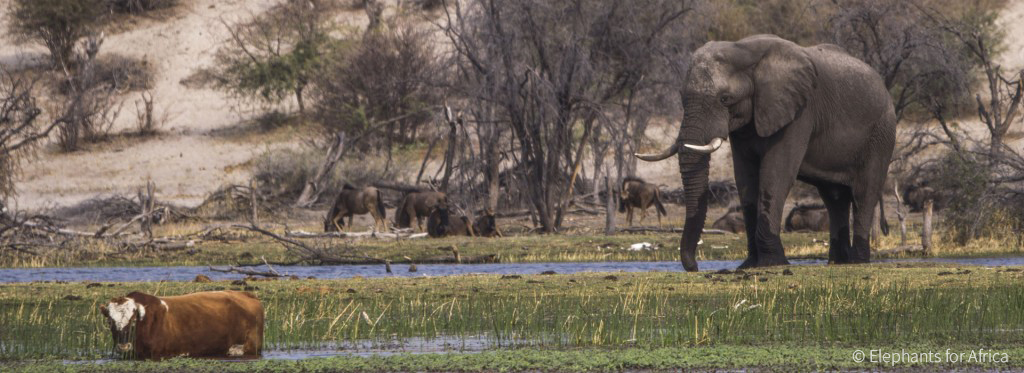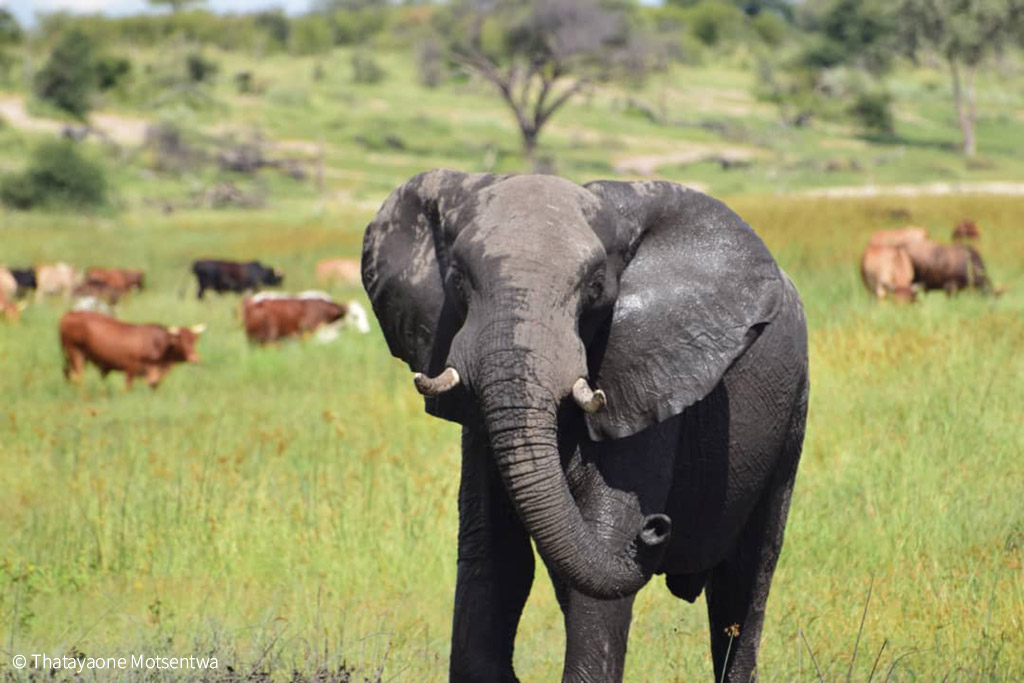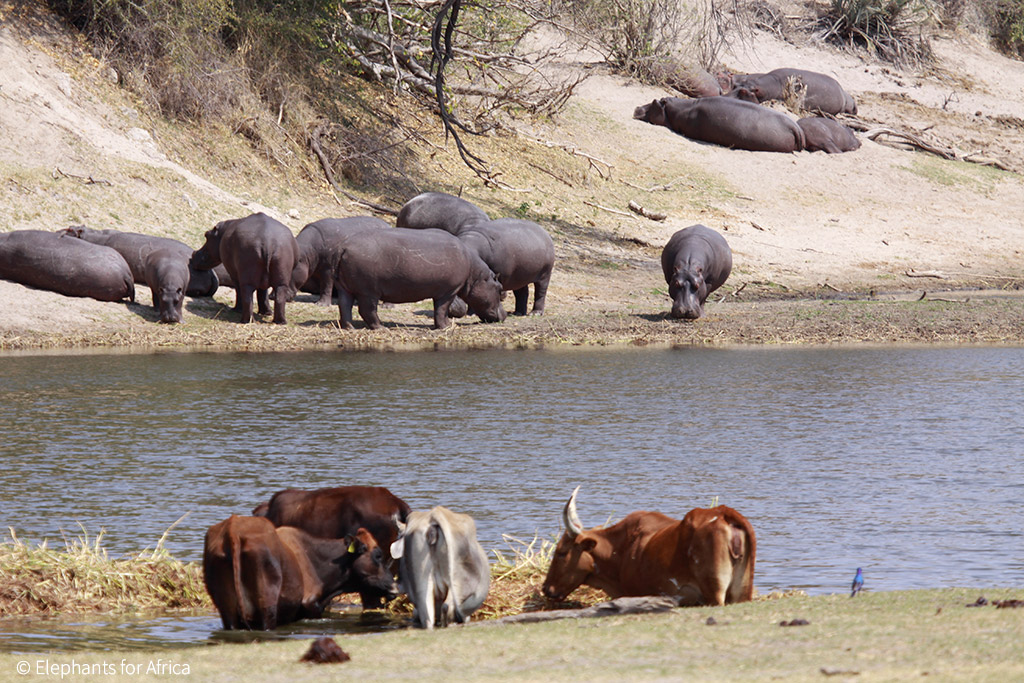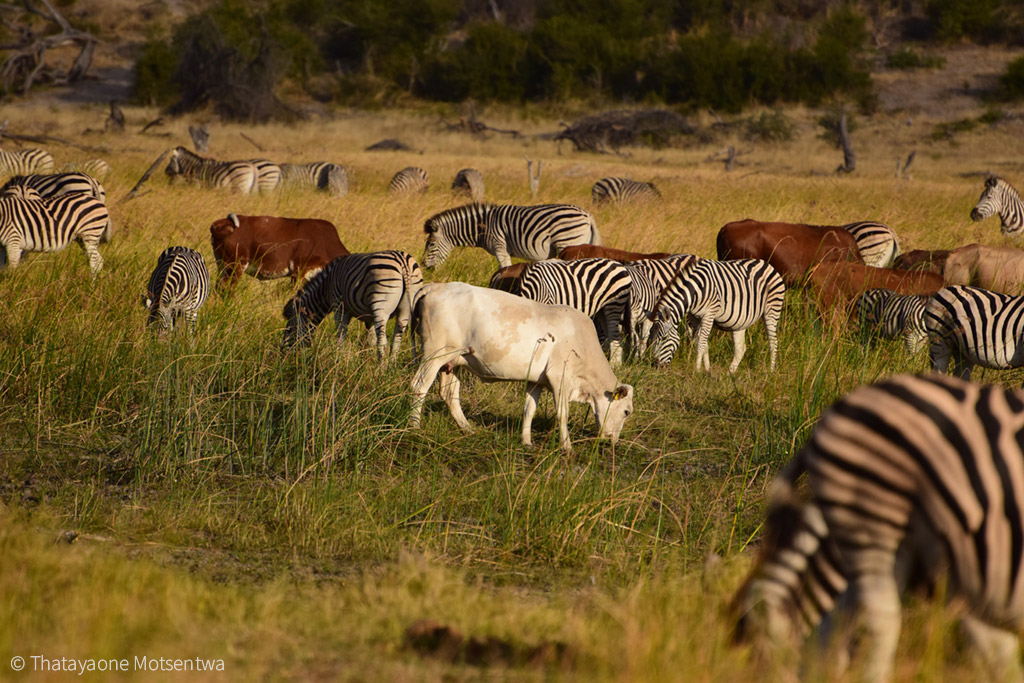
Researchers working in the Kenya Long-term Enclosure Experiment have been monitoring the effects of the presence or absence of elephants and other wild herbivores and cattle on savanna ecosystems for 20 years, to understand the impact that each has on the critical processes of long-term functioning of the ecosystem itself.
As wild animal populations decrease throughout Africa, many populations have been replaced by livestock, particularly cattle. As would be expected, moderate to large densities of cattle have negative effects on the nutrient levels in the soils of these habitats, particularly the carbon and nitrogen pools and cycles. One of the main questions that the study set out to answer was whether or not land management strategies could be formulated to minimize the negative impact of the presence of cattle.


The study, funded by the National Science Foundation, showed that the presence of megaherbivores, particularly elephants, increased the total soil carbon and nitrogen pools and reversed the negative effects of cattle-related depletion. The researchers believe that there may be livestock management practices that could be compatible with the conservation of these habitats. Their results suggest that there may be ways for the negative impact of moderate densities of cattle to be mitigated by the presence of wild herbivores in “black cotton” savanna habitats, but crucially this wild herbivore mix must include larger species such as elephants.

“By experimentally manipulating both domestic and wild herbivores in combinations that occur in the real world, this research demonstrates the importance of megaherbivores to sustaining natural savanna ecosystems,” said Betsy von Holle, program director in NSF’s Division of Environmental Biology.
The full study can be found here: Negative effects of cattle on soil carbon and nutrient pools reversed by megaherbivores, Sitters, J. et al, (2020), Journal of Nature Sustainability.

To comment on this story: Login (or sign up) to our app here - it's a troll-free safe place 🙂.![]()






